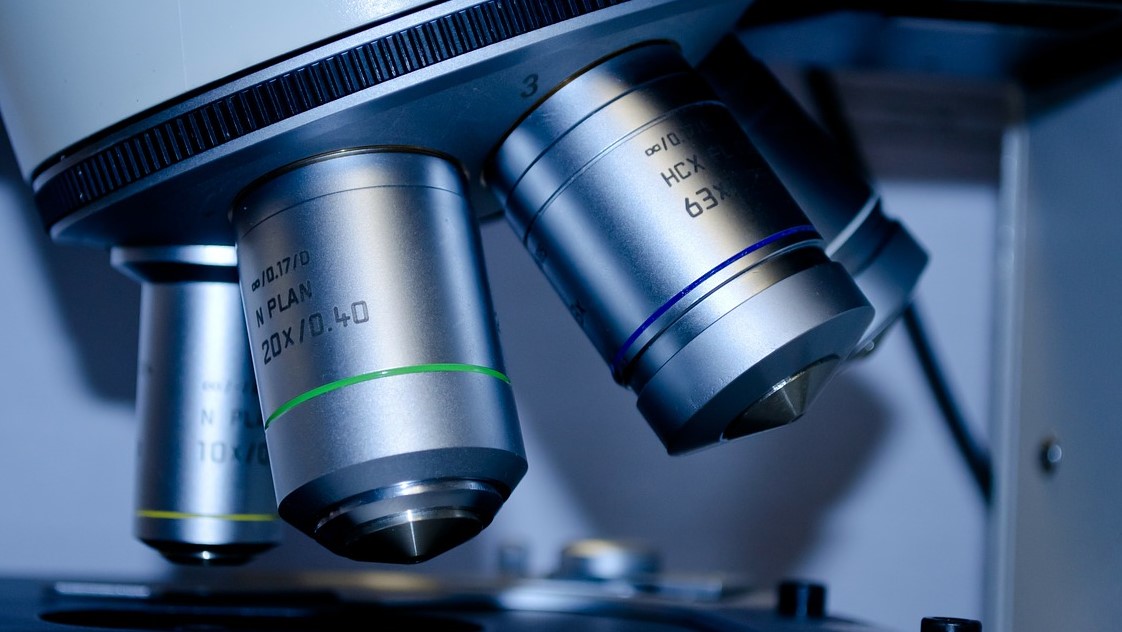
This course in scientific experimentation is designed for new students in the four humanities faculties (the Faculties of Arts and Letters, Education, and Economics, the School of Law). As humanities students, you may not have much familiarity with science experiments, and we have created this course in an effort to enhance your education. Our efforts were motivated by our belief that leadership in the 21st century will require not only expert knowledge in particular areas but also an understanding of natural science. Our reasons for believing this are twofold. (1) Modern society operates based on accomplishments in the natural sciences, and understanding the structure of nature through experiments and observations is crucial for understanding the essence of modern science. (2) From the perspective of the humanities and social sciences—which seek to understand the nature of humanity and the structure of societies—the societies of the future cannot be constructed without considering the impact of science and technology.
For these reasons, we have designed the course to enable all students to experience firsthand the mechanisms of the natural world and the processes of scientific and technological progress, and we have established the following three objectives as the goals of this experimental course:
(1) To make contact with nature through experiments and observations.
(2) To understand the mechanisms of nature and study the logical structure of the natural sciences.
(3) To experience firsthand the natural phenomena that are used in modern life and society.
In pursuit of these goals, we have identified six broad themes on which to focus. These are: the 21st-century challenges of Earth and the environment, energy, and life; an understanding of the natural phenomena relevant to your daily life in the form of science all around you; the study of science and culture to illuminate the laws of natural science as the foundational backdrop of civilization; and, finally, mathematics as the language used to describe the natural world.
We also expect this course in experimental science to equip students with three key skills: (1) the ability to reason logically, (2) the ability to remain continually curious about new things and continually thirsty for new challenges, and (3) the ability to write scientific documents. We also hope that taking this course will enrich students’ understanding of the natural sciences and enhance their ability to give back to society.